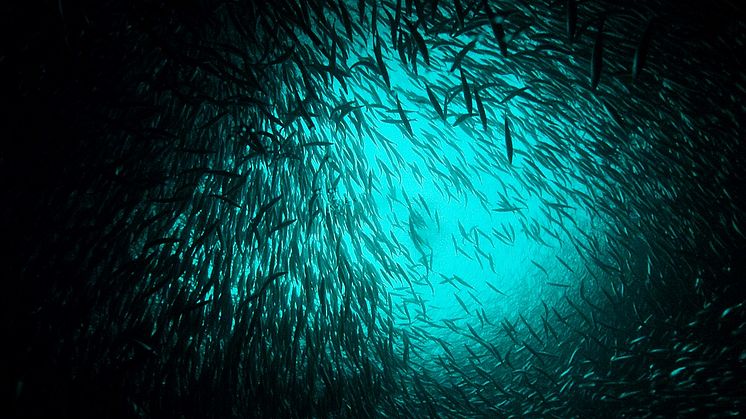European cisco – genetic adaptation to variation in salinity and spawning time
A new study has shown that there are different types of European cisco in Swedish waters that are each genetically adapted to fresh, saline or brackish water. Genetics also steers where European cisco spawn. The new knowledge from this study can be used in continuing the sustainable management of the species, and for investigating whether the spawning environment affects the quality of the roe.

